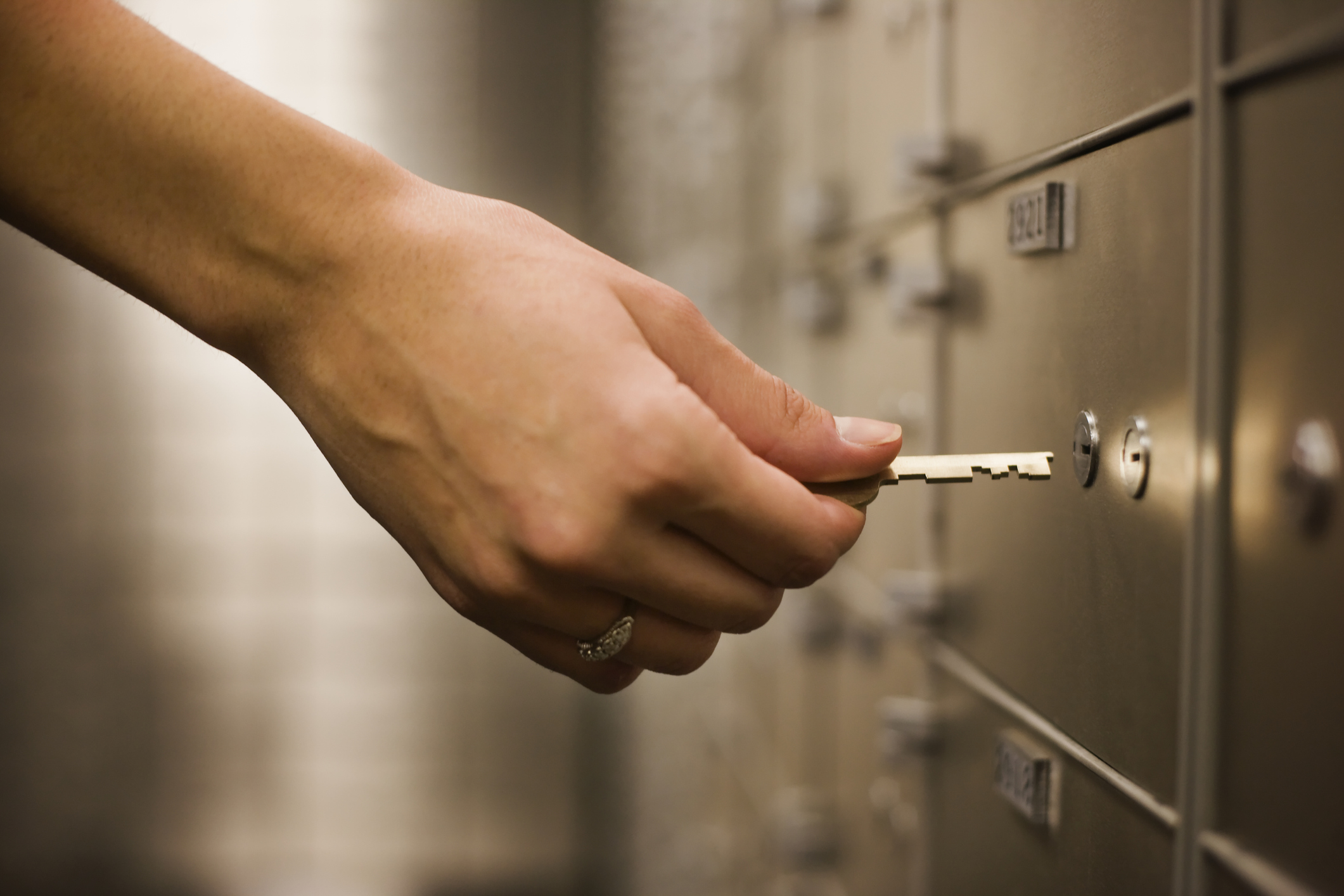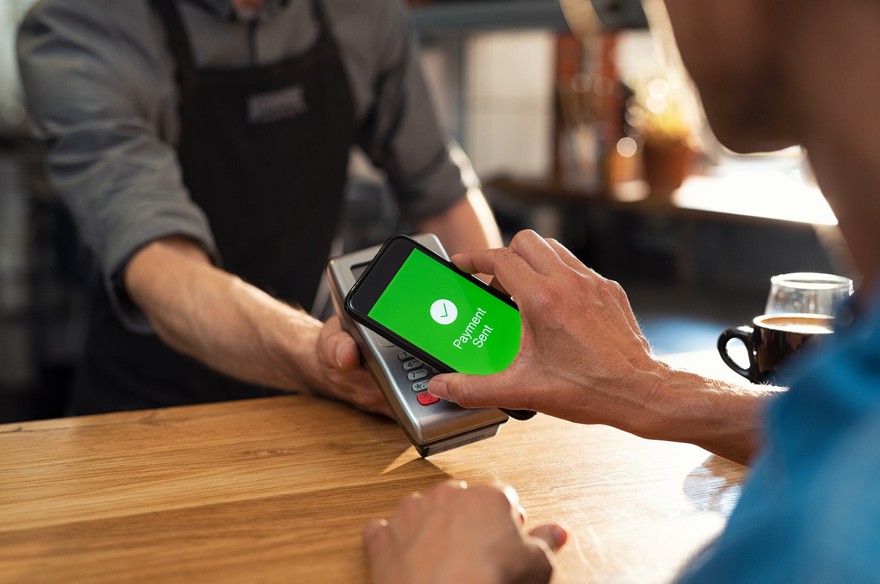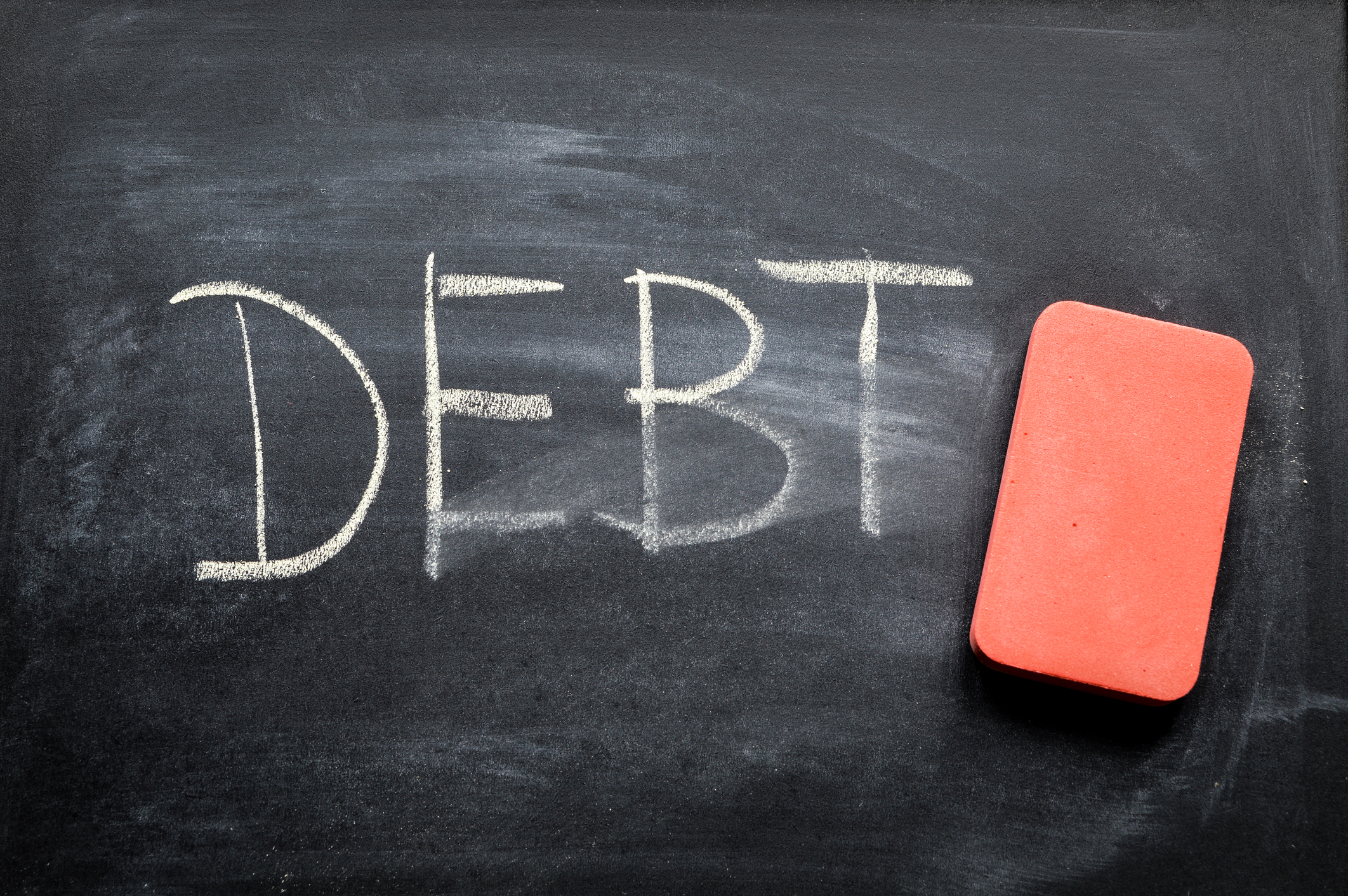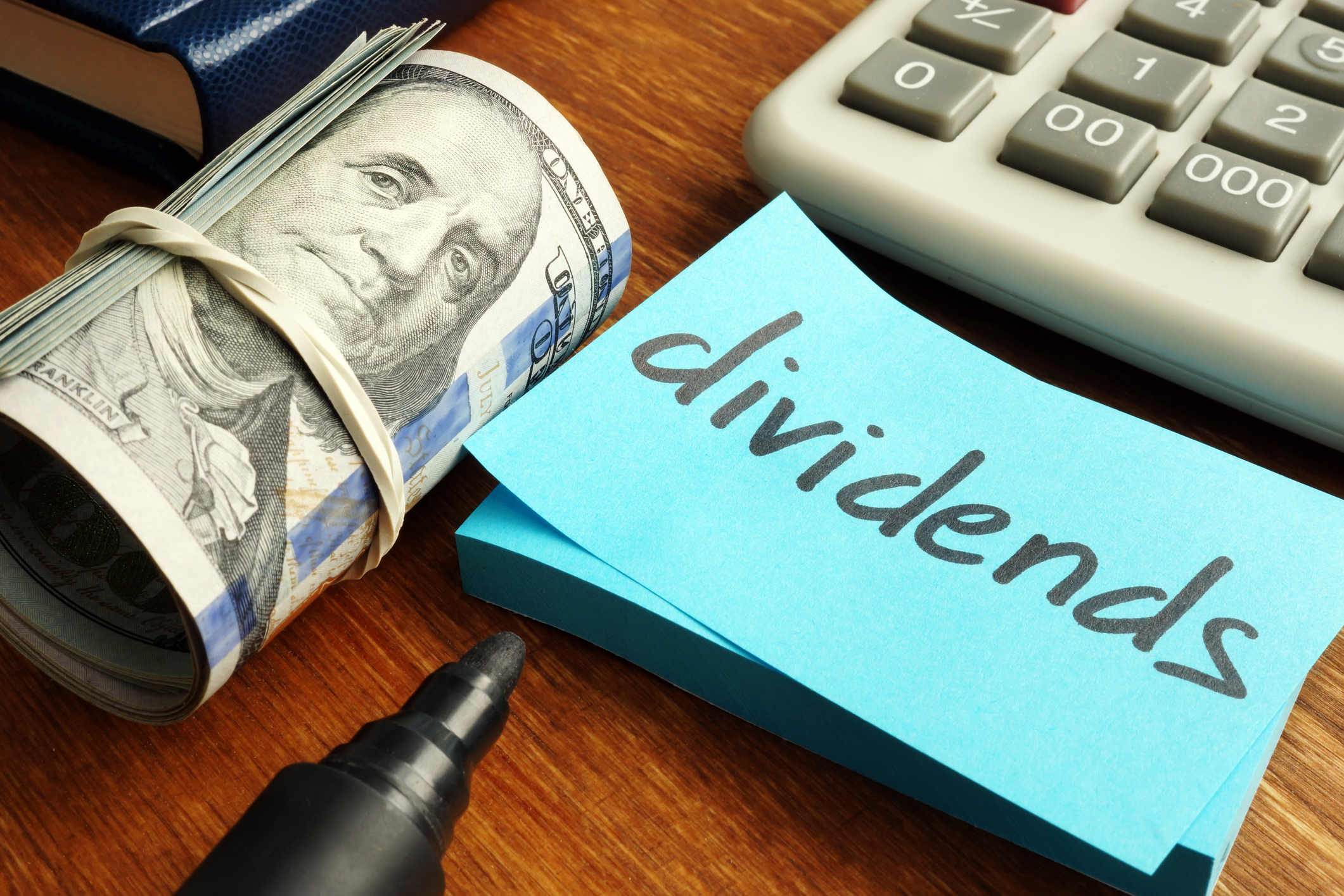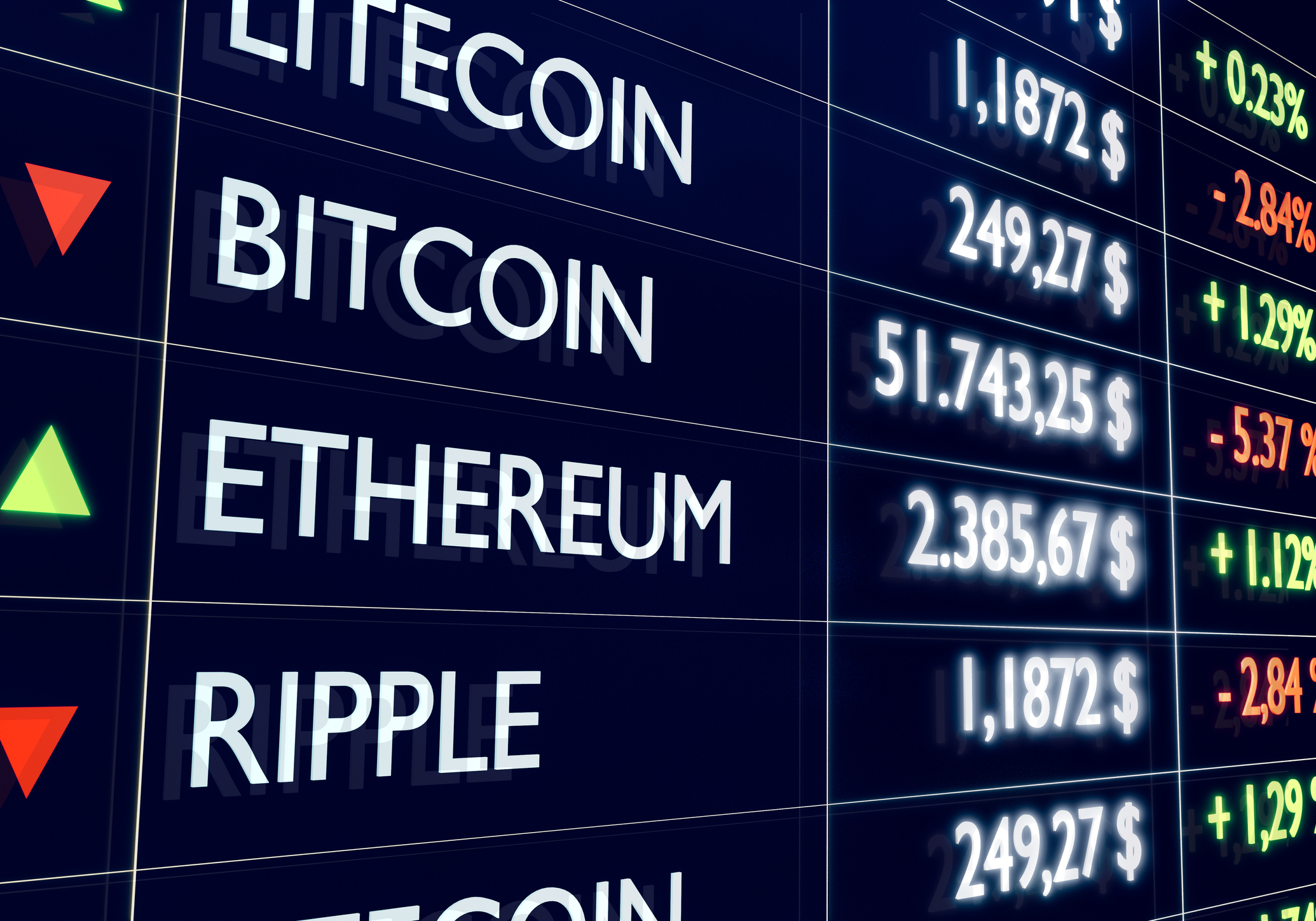What is the difference between centralized and decentralized exchanges?
Centralized and decentralized exchanges differ primarily in their structure, control, and reliance on intermediaries. Centralized exchanges are platforms operated by a single entity that holds users' assets and manages transactions, while decentralized exchanges operate on a peer-to-peer basis, allowing users to trade directly without an intermediary and retain control of their assets.
Coinbase (COIN +13.65%) is an example of a centralized exchange that is operated by a central authority that controls the platform, manages user accounts, and holds assets. Users deposit their assets with the exchange, and the exchange manages the private keys. These exchanges are generally subject to regulatory oversight and licensing, offer user-friendly interfaces, higher liquidity, and customer support, and rely on the security of the central entity.
On the other hand, decentralized exchanges operate on a peer-to-peer basis, with transactions facilitated by smart contracts on a blockchain. Users retain control of their assets and private keys, using non-custodial wallets. These exchanges are generally not regulated by government entities. Users are responsible for the security of their wallets and assets, and the system relies on the security of the blockchain. As a result, decentralized exchanges may have more complex user interfaces and require more technical knowledge to use.





